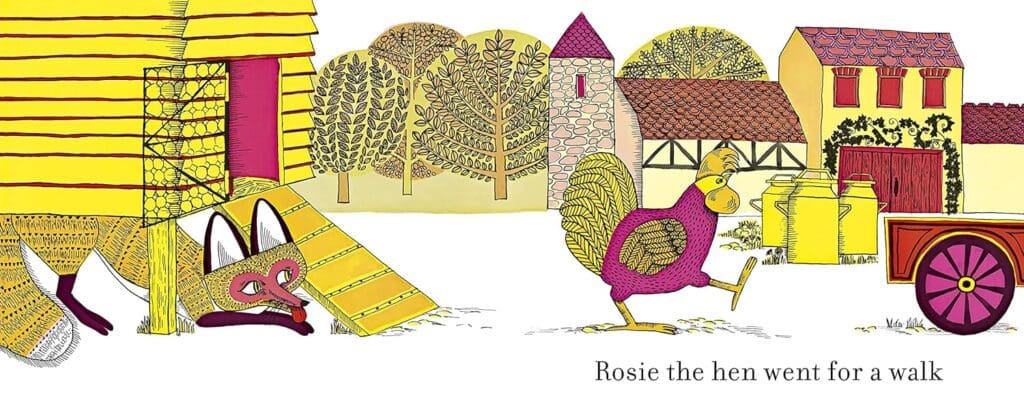‘How long should my book be?’

‘How long should my novel be?’ Or ‘what is the average word count for a novel?’ These are two of the most common queries we receive as editors and literary consultants. While we wish there were a simple, catch-all answer to this question, the reality is that book length varies greatly for many different reasons. […]
Mastering the rule of action-consequence in fiction writing

In fiction writing, the ‘rule of action-consequence’ is a powerful tool for crafting compelling and believable narratives. Plots in which every action has a logical consequence flow better and feel less contrived. Like every other skill, applying the principle of action-consequence can be honed with practice. Here’s how to use it to make your fiction […]
How to write your memoir if you’re not a celebrity (and why would total strangers want to read it?)

Two types of books cover own life stories: the autobiography and the memoir. The autobiography is a format reserved mostly for celebrities. Usually, the book informs the reader of the author’s life story. It often starts with their birth or their childhood and ends with where they are near the time of publication. Sometimes it […]
Crafting conversations: writing good dialogue in fiction

One evening I took a break from the dense, jargon-laden books prescribed for my academic course and picked up a romance. A light, sexy book that was unlikely to make me question my worldview on a Saturday (I never really recovered after reading The Last White Man). Ten minutes in, I had to set it […]
How to become a market-savvy writer in 5 days (a step-by-step guide)

‘Know your reader’ is a great mantra for any writer, published or unpublished. In today’s hugely competitive market, it doesn’t seem to be quite enough anymore. While ‘Know your industry’ is significantly less important, the extra knowledge can be to some extent valuable in an aspiring writer’s quest to getting published. With a bit of […]
How to structure a strong narrative

Following on from the post on the action-consequence principle on strengthening your storytelling, in this post I’ll illustrate how to build a narrative mini-arc, by using one of the greatest examples of accomplished narrative structure, Ken Follett’s masterpiece, The Pillars of the Earth. According to the action-consequence principle, every event in a story has to be either […]